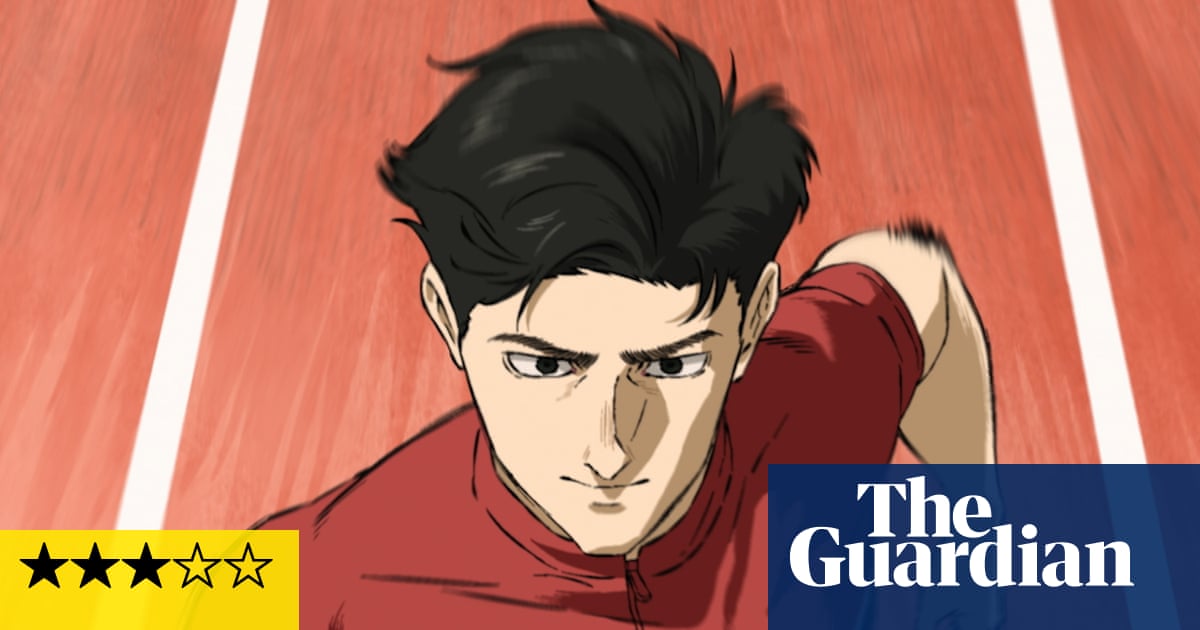Much has been written about the act of running, a therapeutic exercise with the potential for cathartic release. Within the context of professional sports, however, the pressure of competition can make people lose sight of this ultimate goal. Adapted from the eponymous manga, Kenji Iwaisawa’s mesmerising anime looks beyond trophies and medals to investigate the existential drive that spurs an athlete’s ambition.
100 Meters follows Togashi and Komiya, childhood friends whose life paths diverge when they go pro. Formerly the fastest grade-schooler in Japan, Togashi helps the less self-assured Komiya with the basics. As the pair enter their teens and their 20s, Komiya steadily accelerates up the ranking of top athletes, while Togashi is stuck in a slump; both battle anxieties and insecurities. Spanning more than 15 years, the story tracks their internal hurdles, laying bare the struggles of an athlete’s life, locked in a cycle of public scrutiny, performance expectations and sponsorship demands.
Perhaps it’s down to the source material, but the film’s response to these complex dilemmas is somewhat facile; time and time again, a character’s inner doubts simply disappear after a lengthy conversation with a peer or a senior. But what 100 Meters lacks in narrative subtlety and pacing, it makes up for in dazzling visuals. Using rotoscoping, in which animation is traced over live-action footage, the film creates stunningly detailed running sequences. The physical exertion of a sprint is on full display, and the pain and the joy of competition are etched on the characters’ bodies.
One particularly momentous race ends in the rain, with cascades of grey strokes that engulf the frame. More than any dialogue, these bursts of stylistic brilliance encapsulate the almost spiritual high the film aims to evoke.
100 Meters is in UK cinemas from 16 November.

